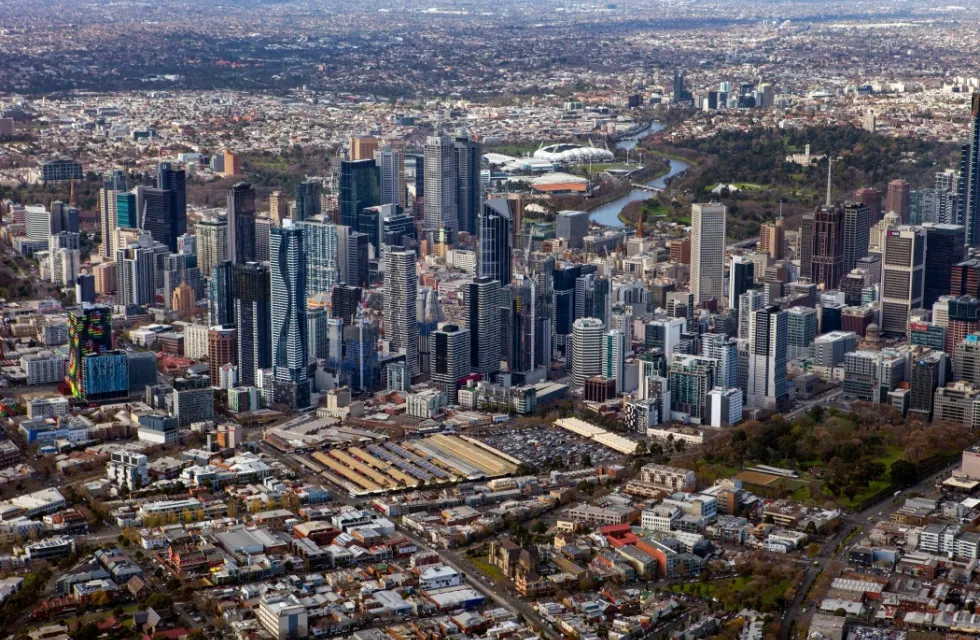Functions and decision-making powers
Our functions are prescribed by the Local Government Act 1989. We must:
- plan and provide services, facilities and infrastructure for the local community
- strategically plan and regulate land use in the municipality
- raise revenue so that we can perform our functions
- make and enforce local laws
- discharge duties we have under other acts, such as the Food Act 1984, the Building Act 1993 and the Public Health and Wellbeing Act 2009.
We also enforce Acts and local laws.
Key functions and services
Council performs many major functions and services ranging from arts and cultural programs and tourism, to urban planning, capital works and maintenance, recycling and waste management.
We perform the following major functions and services:
- animal management
- arts and cultural programs
- business and trade development
- capital works and maintenance of parks and gardens, roads, pedestrian ways, and public spaces of the city
- community health services
- customer, resident and visitor information services
- environment and water management
- financial planning, budgets, valuations, rates and credit control
- food safety and regulation of food premises
- international relations
- IT infrastructure
- land transfers and subdivisions
- library services
- marketing of the city and coordination of events
- maintenance of council-owned facilities, property and other assets
- management of parks, gardens and sporting facilities and services
- public safety
- recycling and waste management
- regulation of parking and traffic
- regulation of parking, filming, trading and other activities in the streets
- services for children, youth, aged people and people with disabilities
- social planning and housing
- tourism
- urban planning and building regulation.
Our structure
Our organisational structure shows how we are set up to perform these functions. Each branch is responsible for planning and implementing services for the municipality.
For more information see Leadership and structure.
How we consult with you
Our plans, services and policies serve you, so we need to consult with you about the best ways to do that.
We run public consultations on major strategies and plans that affect the public spaces of the city or the wellbeing of residents, businesses or visitors. We advertise a period of consultation in newspapers, local community publications and on our website.
We’ll tell you how you can get copies of documents about a particular strategy or plan, how you can respond to it and about any public meeting held to discuss it.
For more information about consultation and public forums visit Participate MelbourneOpens in new tab.
How you can consult with us
You can make a submission on any listed agenda item listed for council or committee meetings. See Getting involved in meetings for more details.



